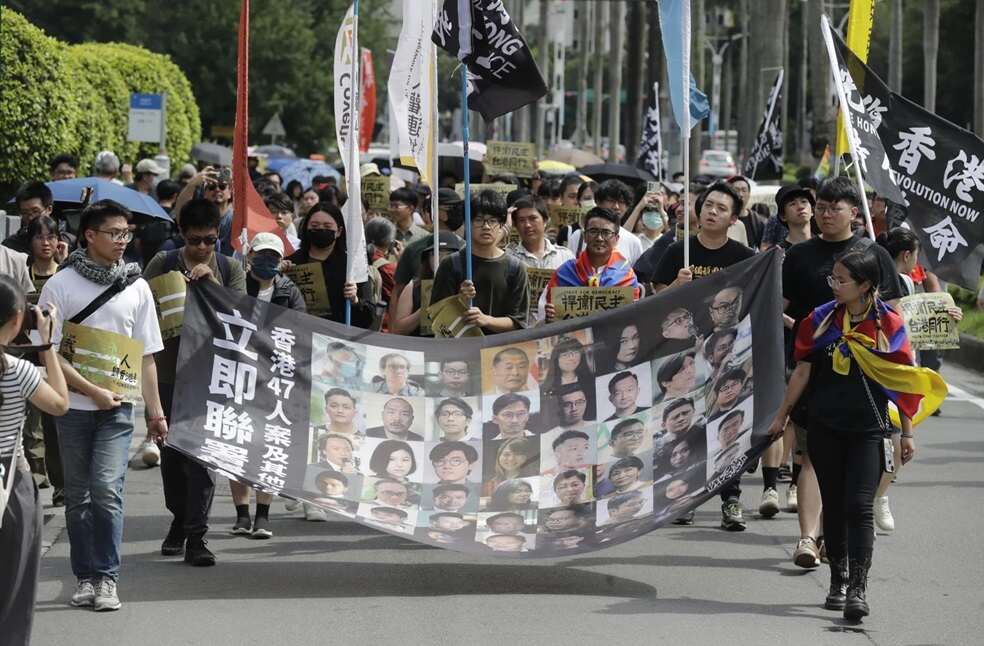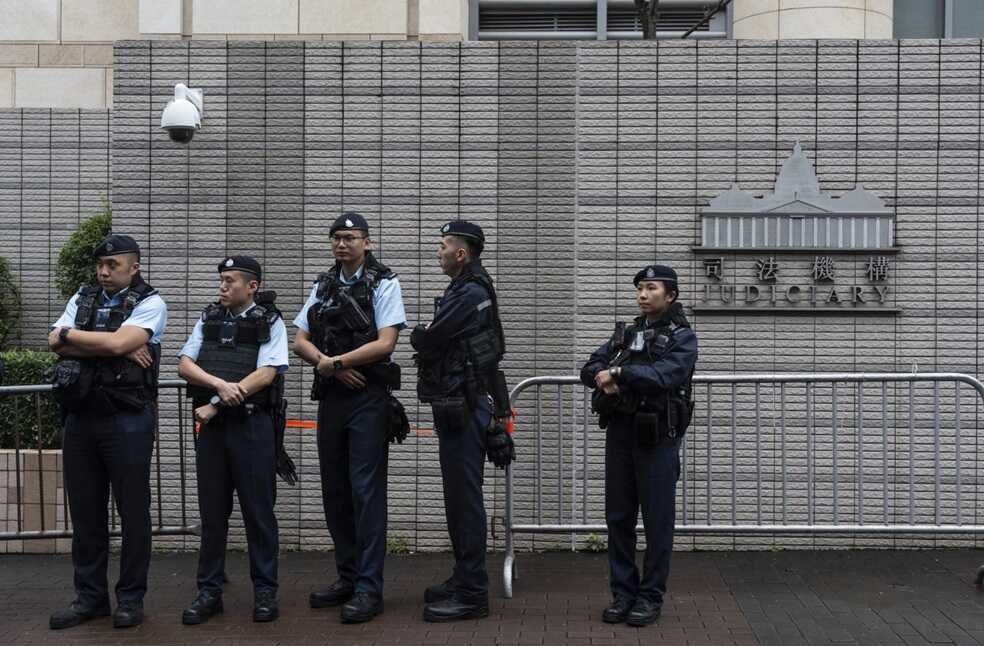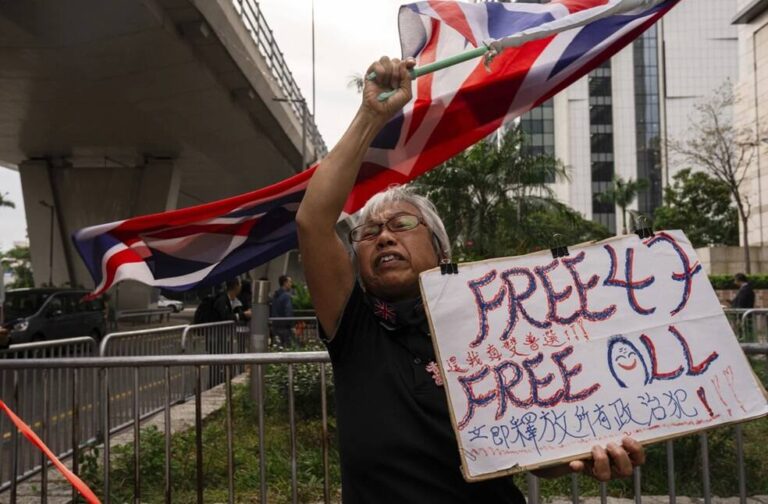Taiwan: A Hong Kong court has sentenced leading pro-democracy activists to prison, with Benny Tai receiving a 10-year term, marking a significant escalation in the territory’s largest national security case.
The sentences follow a controversial trial involving 47 activists and lawmakers accused of subversion under Hong Kong’s stringent national security law (NSL), which was imposed by Beijing in 2020.
Tai, a 60-year-old legal scholar who played a prominent role in Hong Kong’s pro-democracy protests in 2014 and 2019, was sentenced to 10 years in prison. Prosecutors portrayed Tai as the organiser of a conspiracy dating back to July 2020, involving a group of activists and politicians who organised an unofficial primary election for Hong Kong’s Legislative Council.
The primary election was aimed at selecting pro-democracy candidates to contest in the city’s legislative elections, with the goal of blocking pro-Beijing legislation. Tai and 44 other activists either pleaded guilty or were convicted of offenses related to organising the election, which prosecutors argued was a plot to “overthrow” the government.

The trial, which ran for 118 days after repeated delays, saw 31 of the defendants plead guilty, including Tai. The court found 14 defendants guilty of subversion, while two former district councillors, Laurence Lau and Lee Yue-shu, were acquitted. Many of the defendants had been on remand for years, having been denied bail during a lengthy hearing in March 2021.
The sentences handed down ranged from four to ten years. The longest sentence, aside from Tai’s, was given to Owen Chow, 27, who received 7 years and 9 months for running as a candidate in the primary. Other prominent activists sentenced included former legislator Claudia Mo, 67, who received four years and two months, and Joshua Wong, 27, who received four years and eight months. Wong had his sentence reduced by one-third after pleading guilty.
Australian citizen Gordon Ng, who had encouraged Hongkongers to vote in the primary, was sentenced to 7 years and 3 months.

The case comes amid the ongoing erosion of Hong Kong’s autonomy, a city that was rocked by massive anti-government protests in 2019. The protests were sparked by opposition to an extradition bill that would have allowed criminal suspects to be sent to mainland China. The movement quickly morphed into a broader pro-democracy call, with residents demanding greater political freedoms, including the direct election of Hong Kong’s leader.
In response to the unrest, Beijing imposed the NSL, which criminalised secession, terrorism, subversion, and collusion with foreign forces. Since its enactment, hundreds of activists, politicians, and journalists have been arrested, and the Hong Kong government has passed local legislation further curtailing freedoms, including new offenses related to state secrets and treason.
Between July 2020 and December 2023, 286 individuals were arrested under the NSL and colonial-era sedition laws. Of those, 156 have been charged, including the “Hong Kong 47.”



